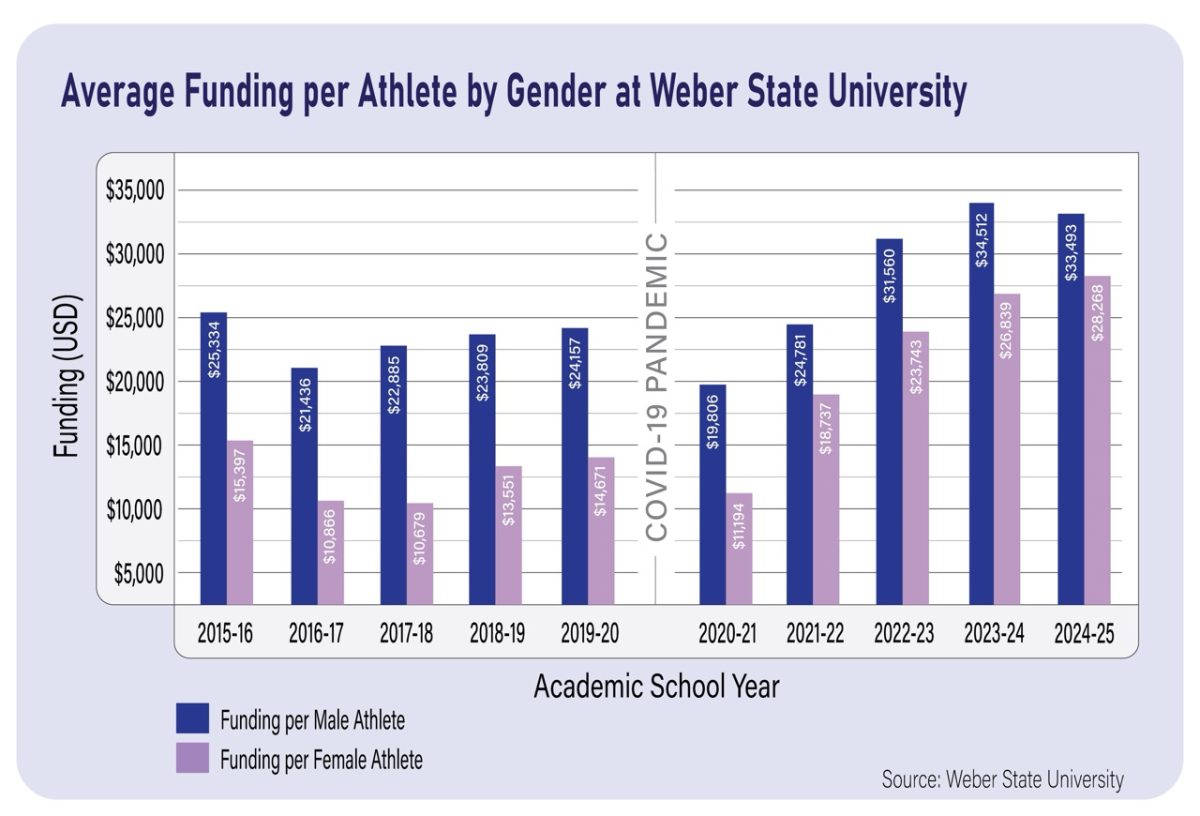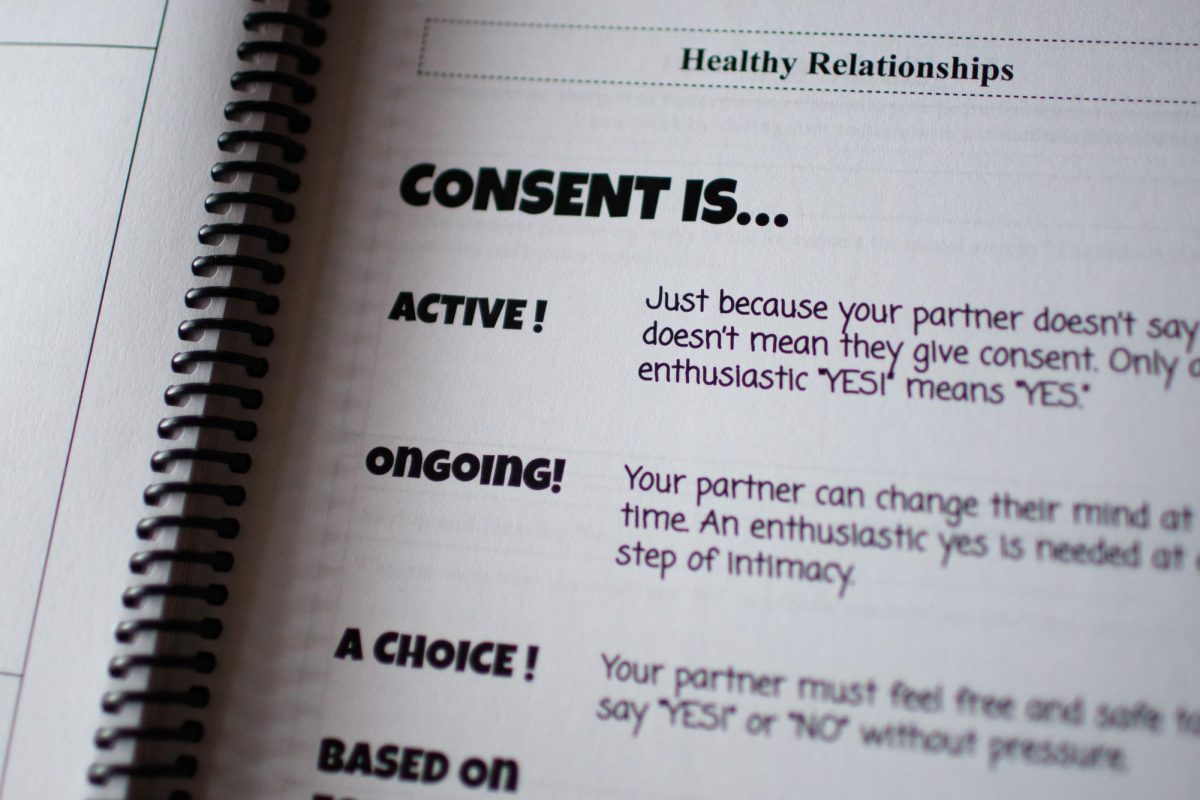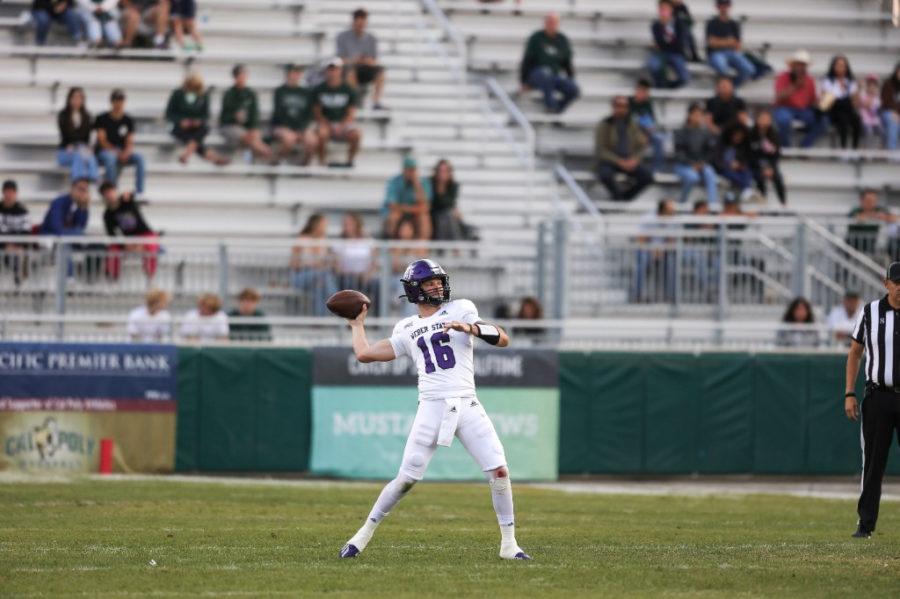
“I need a couple of strong boys to help me carry these boxes to the office,” I remember my third grade teacher said to our class.
Without hesitation, I walked right up to the teacher’s desk and held out my hands, ready to help carry the boxes to the office.
“Oh, no, Kellie, I need some strong boys for this,” she said. “We will let them take care of it.”
With my shoulders slouched, I returned to my seat. I sat and watched as three boys made their way to the front, picked up the boxes and headed out the door.
I knew I could have carried those boxes. I knew I could do exactly what those boys had done. But because I was a girl, my teacher would rather have me sit and let the boys “take care of it.”
At home, my parents did not adhere to traditional gender roles, which helped squash out other messages coming from my peers.
My Dad often cooked dinner and my Mom was more than capable of fixing things around the house. They raised me to believe in myself and my abilities, not what I was supposed to do by society’s standards.
Because of this, I did not truly learn until later in my life that women throughout history took a backseat to men and all too often were believed to be inferior. Unfortunately, this backward attitude still remains today.
Women’s valid emotions get chalked up to PMS, their legitimate arguments discredited, their worth based entirely on physical appearance and their ability to lead often questioned because of their gender.
Massachusetts Senator Elizabeth Warren was cut off while delivering a speech criticizing then attorney general nominee Jeff Sessions.

Mitch McConnell, Senate Majority Leader, had to explain the situation when confronted by the press. He told reporters that Warren had been giving “lengthy speech” and that she had been “warned” and “given an explanation.”
“Nevertheless, she persisted,” McConnell said.
Shortly after McConnell’s explanation hit the internet, users on Facebook, Twitter and other social media platforms exploded with support for Warren — and women in general — launching a campaign of memes and hashtags.
McConnell’s choice of words had been flipped 180 degrees, backfiring on him. The phrase “Nevertheless She Persisted” was slapped over images of powerful women in history who persisted in the face of opposition.

Women like Susan B. Anthony, who was arrested for casting a vote for President in the 1872 election, and Rosa Parks, who became a face of the Civil Rights movement after refusing to move to the back of the bus.
As a woman — and a student currently pursuing a degree in the traditionally male-dominated field of criminal justice — I have felt the sting of being excluded because of my gender time and time again since that day in third grade.
I’ve been told that I can’t be too smart or too strong or I won’t find a husband. I have been told that I would be better suited to teach children rather than investigate crime scenes, that a job like that is too horrific and gory for a woman.
While I appreciate that the phrase has been turned into a positive, the fact remains that voices throughout my life have echoed McConnell’s, so I will continue to persist because there is still work to be done.
I will continue to speak out against injustice and make an effort to educate myself and those around me about women’s issues.
I will not give up. I will persist.



















